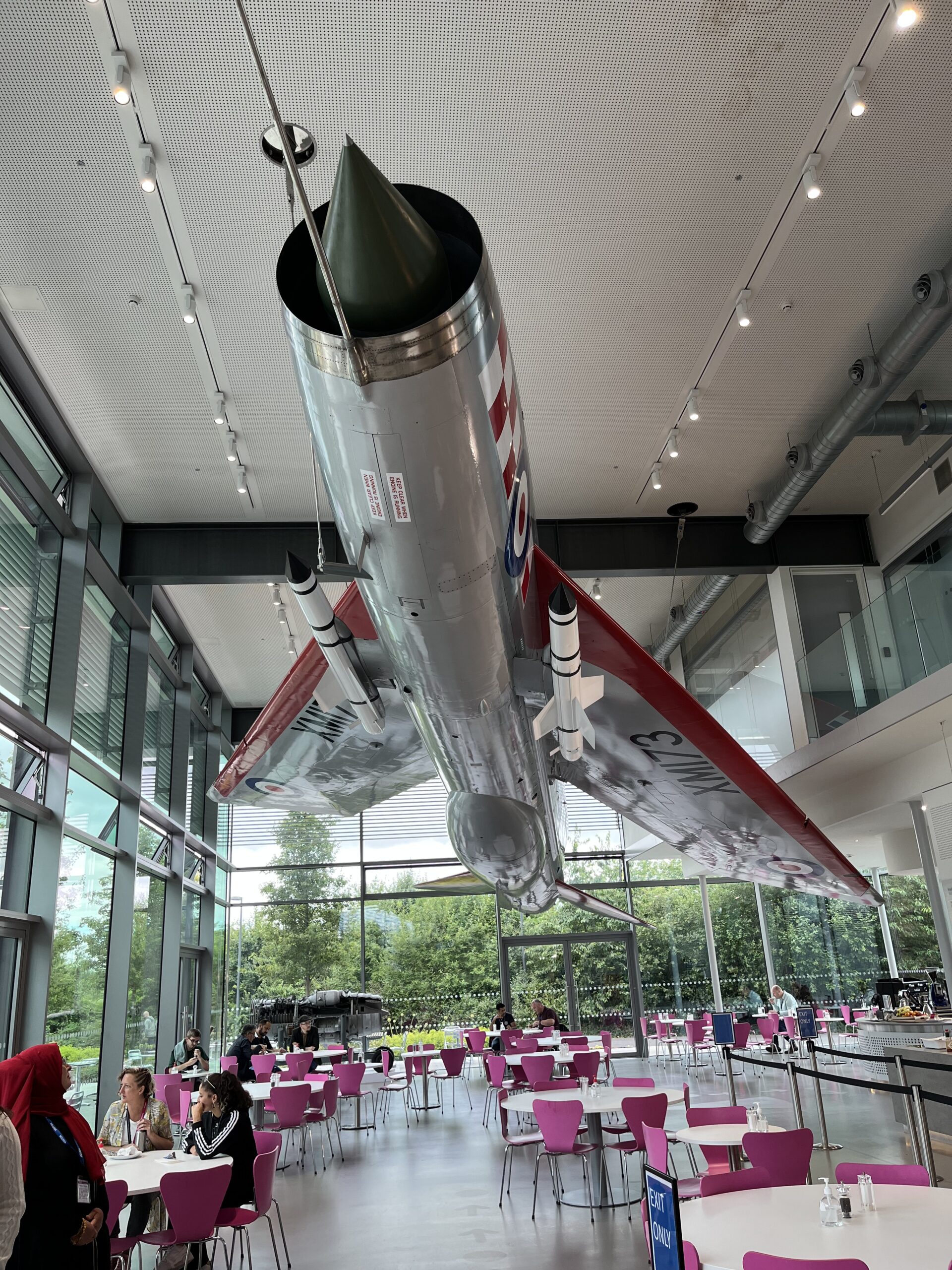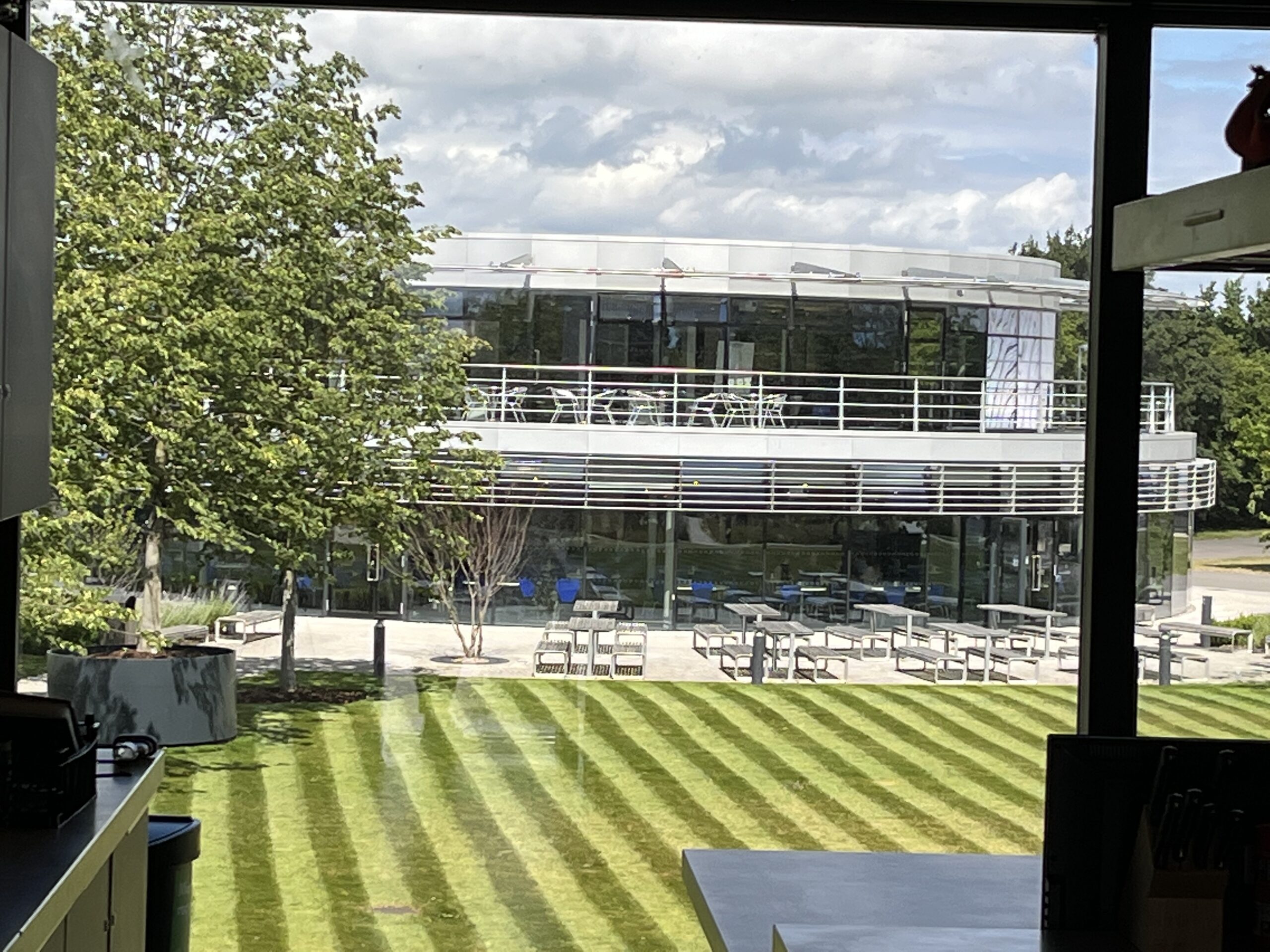In a bid to bridge the gap between classroom education and real-world industry insights, representatives from the James Dyson Foundation have been conducting online workshops, leaving a lasting impact on participating schools and pupils. This case study delves into the online event which took place at Launton CofE, exploring the workshop’s structure and includes insights from Eli Wright, a pupil at Launton CofE.
Structure
The virtual workshop, led by Danya Walker, unfolded through an online platform with live question and answer session. Danya engaged with the students, encouraging active participation and fostered an open dialogue. The session revolved around the design process, offering students a glimpse into the iterative nature of product development.
Student Engagement
A notable aspect of the workshop was the high level of engagement from students. Even in the virtual setting, students expressed excitement and positivity about the experience. Dyson’s familiar products played a crucial role in capturing their interest, making the content relatable and captivating.
Student Perspective
Eli Wright, a student at Launton CofE, shared his experience during the workshop. He found it “really fun and interesting learning about Dyson, the company, and the vacuums.” Eli noted that the workshop included information about Dyson’s vacuum creation process, touching upon the challenges and iterations involved. He also mentioned the use of pictures and videos to enhance the learning experience.
Eli highlighted Dyson’s commitment to perfection, mentioning that the person leading the presentation explained how it took many prototypes to create the perfect vacuum.
Questions and Observations
Eli was curious about Dyson’s range of products, specifically inquiring about the availability of robot vacuums. He also posed questions about the “sea truck,” and its continued existence in Dyson’s product line. Unveiled in the late 1990s, the Sea Truck was envisioned as a versatile, high-speed vessel capable of navigating various water conditions with ease. Its design incorporated a unique catamaran-style hull, which provided stability and efficiency. This innovative hull design allowed the Sea Truck to achieve impressive speeds while carrying heavy loads, making it ideal for both commercial and industrial applications.
Insights into Dyson’s Prototyping Process
Eli shared details about Dyson’s prototyping process, emphasising the meticulous steps involved in product development. The use of materials like cardboard, plastic, and 3D-printed components during testing showcased Dyson’s commitment to perfecting their products before moving to metal prototypes.
Dyson’s significant contribution sets an example for other companies to engage with the education sector, inspiring the next generation of innovators and thinkers. The impact resonates not just in the insights gained but in the enthusiasm sparked among students like Eli.
Impact and Future Prospects
The workshop left a positive impression on Launton CofE, shedding light on the intricate process of design and the importance of perseverance in innovation. The desire is to extend such collaborations to other companies and industries, exposing students to a broader range of career options.
Contact amelia.wright@designtechnology.org.uk for more information about how to take part.




